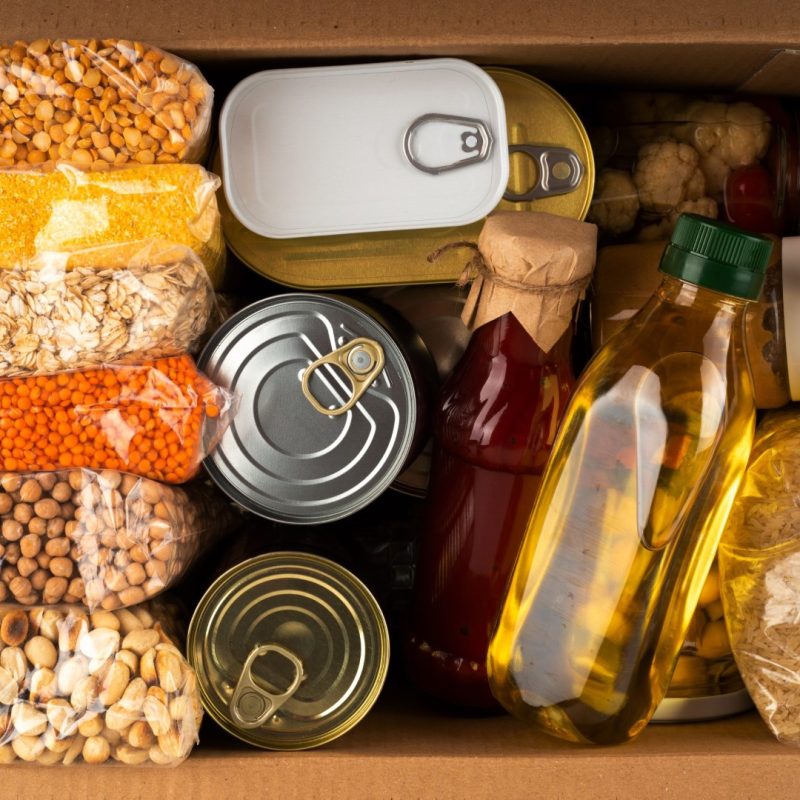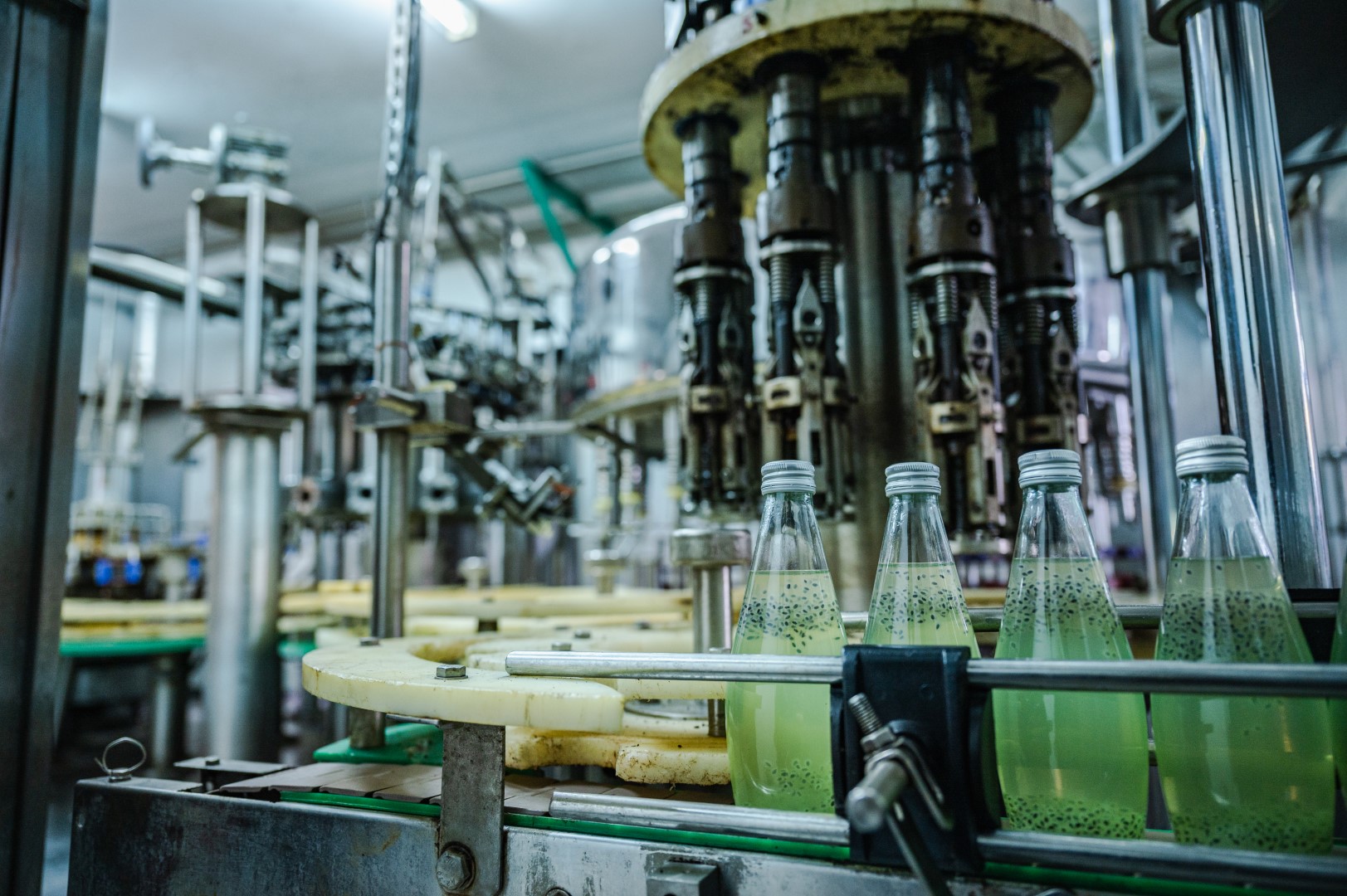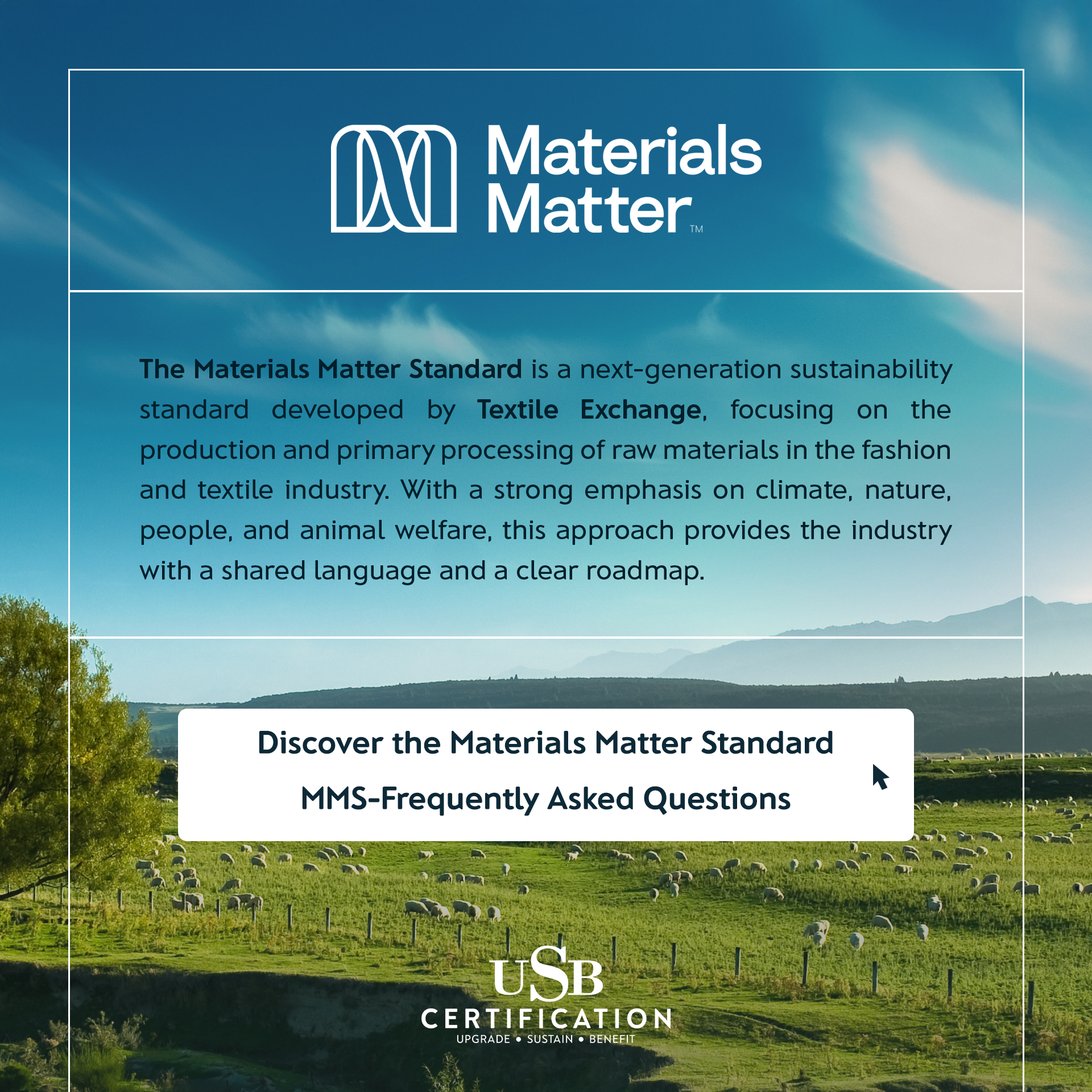The food and packaging industry is a branch of the industry that deals with the production, processing, packaging, and distribution of food products. This sector includes packaging processes essential for the safe storage and delivery of food products to consumers.
The food sector encompasses a series of processes starting from the production of food and beverage products, extending from the farm to the table. In this sector, food products are cultivated, processed, packaged, and distributed. Restaurants, supermarkets, grocery stores, and companies producing food products are part of this sector.
The packaging sector is an industry that produces and designs packaging materials used for the protection, transportation, and presentation of food products to consumers. This sector includes various packaging materials such as cardboard boxes, plastic bottles, metal cans, and paper bags. Packaging plays a critical role in preserving the quality of food products and delivering them to consumers.


The Importance of the Food and Packaging Sector
The food and packaging sector plays a crucial role in providing safe and quality food products to consumers, as well as extending the shelf life and facilitating the transportation of products. Additionally, this sector creates numerous job opportunities and contributes to economic growth.
Certification or accreditation in the food and packaging sector is of great importance for several key reasons:
- Ensuring Food Safety: Certification and accreditation help ensure the safety and quality of food products. Businesses that meet specific standards and pass inspections prove the safety of their products, instilling confidence in consumers.
- Quality Control: Certification verifies that products meet certain quality standards. This demonstrates that products are produced to high standards of consistency and quality, increasing customer satisfaction.
- Compliance with Laws and Regulations: Certification in the food and packaging sector is important for compliance with local and national laws and regulations. Businesses are required to meet these standards and adhere to the requirements.
- Market Access: For businesses planning to operate in international markets, certification can facilitate the entry of products into foreign markets. Many countries require imported food products to comply with specific standards and certifications.
- Consumer Confidence: Certification helps consumers distinguish between businesses they can trust. Consumers tend to have more confidence in and prefer certified products.
- Competitive Advantage: Certification can provide businesses with a competitive edge. A certified business can achieve superiority in product quality and safety, which can help attract more customers in the market.
- Sustainability and Environmental Impacts: Some certification programs also include environmental sustainability standards. This encourages businesses to reduce their environmental impact and adopt more sustainable practices.
Certification and accreditation in the food and packaging sector offer a range of significant benefits, including reliability, quality control, compliance with laws and regulations, market access, consumer confidence, competitive advantage, and sustainability. For these reasons, businesses often participate in such programs to validate their products and processes, providing assurance to consumers.
Certification services provided by USB Certification include:
BRCGS (British Retail Consortium Global Standards for Food Safety) is an international certification program for businesses in the food sector to enhance food safety and quality. These standards guide businesses in protecting consumer health and safety, offering a competitive advantage.
Food Security: BRCGS is a certification program related to food safety. This program guides food production and processing businesses in complying with food safety standards and enhancing product quality. The BRCGS certificate is widely used to instill confidence in consumers and ensure food safety.
Gluten Free: This program is a certification that verifies products are gluten-free. It is particularly important for consumers with gluten intolerance or celiac disease. Products receiving this certification demonstrate compliance with specific gluten-free standards.
Plant Based: This certification program verifies that products are plant-based (vegetarian or vegan). Products with this certification indicate that they do not contain animal ingredients and are derived from plant sources.
Start!: BRCGS START! is an entry-level food safety standard for businesses not yet ready to implement the full BRCGS Food Safety Standard. It provides a good starting point for understanding and applying basic food safety principles. It can also be used in supplier audits and offers guidance for suppliers to make improvements.
Packaging: BRCGS Packaging is a certification and accreditation program that sets food safety and quality standards for businesses in the packaging industry. This program aims to ensure safe and quality products in the production, storage, and distribution processes of packaging materials. BRCGS Packaging offers a framework for businesses to regulate their packaging processes and ensure the safe storage and transportation of food products. This program is widely used to ensure reliability and compliance in the supply chain.


IFS (International Featured Standards) is a certification and accreditation program that sets standards for food safety and quality management systems. IFS is developed for businesses operating in food products and related sectors. This program helps businesses enhance their product safety, quality, and compliance.
Food: IFS Food is a food safety and quality standard for businesses involved in the production, processing, and distribution of food products. The aim of this standard is to guide businesses in improving the safety, quality, and compliance of food products and to instill confidence in consumers. IFS Food certification assists businesses in demonstrating their product safety, quality, and compliance on an international level. Implementing this standard involves regular audits and requires businesses to verify that they meet certain standards.
IFS Progress Food:IFS Progress Food is a food safety and quality program designed for smaller businesses and startups. This program offers a starting point for businesses to develop their food safety and quality management systems and achieve compliance with fundamental standards. IFS Progress Food provides a roadmap for businesses to prepare for the more extensive and complex IFS Food certification. This program encourages businesses to improve in matters of food safety and quality and helps them offer more reliable products to consumers.
FSSC 22000 (Food Safety System Certification 22000): is a certification program that assesses food safety management systems and practices. This standard focuses on ensuring the safety and quality of food products.
ISO 22000: is an international standard that defines food safety management systems. Businesses can enhance their food safety by verifying their compliance with this standard.
BeVeg: is a certification program used for the certification of vegan products. This certification confirms that products do not contain animal ingredients.
News and Announcements





